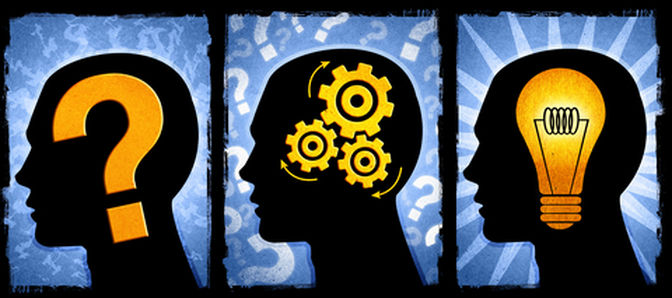CBT often benefits patients suffering from substance abuse

Cognitive Behavioral Therapy (CBT) is a therapeutic method and a major component of most addiction treatment programs. It is based on the process of identifying — and changing — thinking designs their ability to which impact an individual’s behavior. By breaking the cycle of “stinking thinking”, a therapist helps addicts to learn new ways to replace the old which led to their addiction.
It is not unusual for persons afflicted with substance abuse issues to have destructive thinking and negative thought patterns. Since the addict usually doesn’t recognize their thinking as toxic, they seek therapy for distress or other factors. Our cognition influences our welfare; changing unhealthy thought designs is critical. CBT deals with these thought patterns and helps clients see their ability to practice other ways of thinking.
CBT has shown to be efficacious in treating substance abuse and eating disorders as well as other mental health issues. CBT is centered on the now and is goal-oriented which has these advantages. CBT:
-
Explores the destructive behavioral habits
-
Permits clients to work with their therapist in a therapeutic relationship
-
Sessions are supplemented with homework
-
Can be available in both group and individual sessions
-
Skills are useful and can be incorporated into everyday life
The National Association for Mental Illness (NAMI) describes CBT as a sort of psychotherapy differing from conventional psychodynamic treatment. The doctor and patient work concurrently to assist the client in recovery. Individuals who seek out CBT may demand their therapist to be problem centered in speaking to the challenging signs of mental sicknesses.
According to a source guide, Cognitive Therapy Guide, adverse thinking is a hurdle to be overcome in lifestyle changes. All-or-none reasoning is an example of the most frequent types of negative thinking.
Negative thoughts cause many problems including stress, grief and alcoholism. These destructive thoughts are widespread in persons grappling with substance abuse.
An instance of all-or-nothing thinking: “I have to do everything perfectly; something less is a defeat.” By using printed lessons and keeping track of negative thinking, CBT helps clients to understand their thinking processes and learn how to promote healthier thinking.
Read the story bellow by clicking the link:


